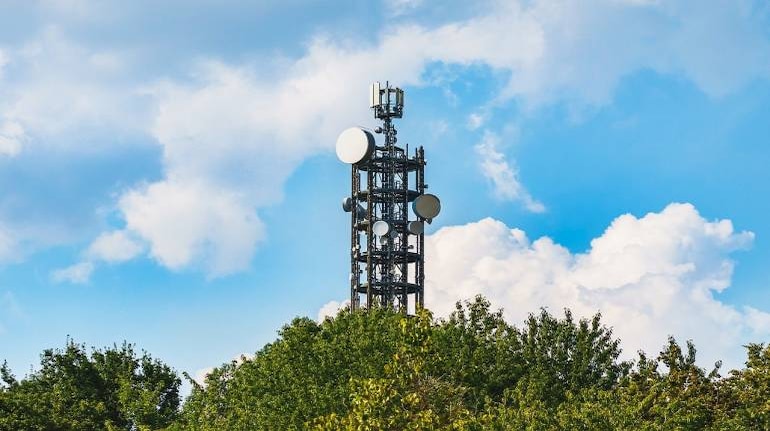



The Telecom Regulatory Authority of India (TRAI) on Friday released a list of defaulters including top banks like HDFC Bank, Sate Bank of India, Kotak Mahindra Bank Ltd and Life Insurance Corporation of India among other entities who have failed to comply with the new regulations to check spam and filter unsolicited messages.
TRAI further asked the operators to fully implement the new SMS rules from April 1, directing them to block messages from companies and telemarketers that are yet to comply with the norms.
"It has been informed that principle entities including major banks like State Bank of India, HDFC Bank, Punjab National Bank, Axis Bank Ltd are not transmitting mandatory parameter like content template IDs, PE (principle entity) IDs, etc. even in those cases where content templates have been registered, while sending such messages to TSPs (telecom service providers) for delivery," TRAI said in a statement.
"All these lapses are such which can only be attributed to lack of due care and diligence by principal entities, telemarketers and aggregators," it added.
TRAI also urged all regulatory bodies including Reserve Bank of India (RBI) Securities and Exchange Board of India (SEBI), Insurance Regulatory Development Authority (IRDA) and state and central government departments to ensure implementation of the regulations by entities under their jurisdiction.
Other popular names which have made to the list of defaulters includes Indiabulls Consumer Finance limited, Flipkart Internet Pvt. Ltd., National Stock Exchange of India Limited among others.
TRAI has also issued a separate list 40 telemarketers.
"It appears that few entities are not only indifferent but are also not serious enough in complying with the provisions of the regulations thereby causing inconvenience to consumers. This should not and cannot be allowed to continue," the telecom watchdog said in the statement.
The new regulations, or the Telecom Commercial Communication Customer Preference Regulations (TCCCPR), were introduced in July 2018 to to curb the menace of unsolicited commercial messages. The regulations entirely came into force February 28, 2019.
Discover the latest Business News, Sensex, and Nifty updates. Obtain Personal Finance insights, tax queries, and expert opinions on Moneycontrol or download the Moneycontrol App to stay updated!
Find the best of Al News in one place, specially curated for you every weekend.
Stay on top of the latest tech trends and biggest startup news.